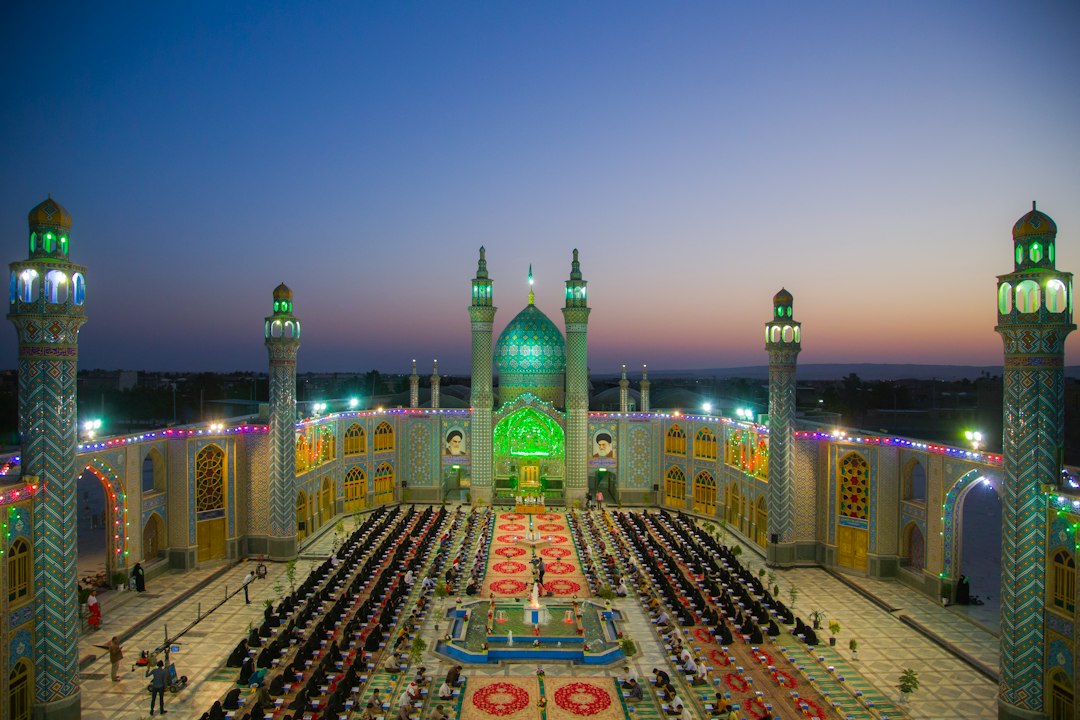Unveiling the Potential of Aquaponics for Food Production
Travel Tips for Africa as a bonus keyword
In recent years, there has been a growing interest in sustainable and innovative methods of food production. One such method that is gaining recognition worldwide is aquaponics. Combining aquaculture and hydroponics, aquaponics presents an efficient and environmentally friendly way to grow food. With its potential to revolutionize food production, aquaponics has aroused particular interest in Africa, where food security is a major concern.
Africa is a continent with vast agricultural potential, yet it struggles with food shortages and inadequate infrastructure. Aquaponics offers a solution to these challenges by providing an integrated system that combines aquaculture (fish farming) and hydroponics (soil-less plant cultivation). The system works by creating a symbiotic relationship between the fish and plants. Waste produced by the fish is converted into nutrients for the plants, and in turn, the plants purify the water for the fish. This closed-loop system minimizes waste and maximizes efficiency.
One of the key advantages of aquaponics is its ability to produce a significant amount of food in a small space. This makes it ideal for urban areas where land is limited. By utilizing vertical farming techniques, aquaponics can produce up to three times more food compared to traditional soil-based methods. Furthermore, it requires 90% less water than conventional agriculture, making it a highly sustainable solution for regions with limited water resources.
Aquaponics also has the potential to alleviate poverty and improve food security in Africa. Many African countries heavily rely on imported food, making them vulnerable to price fluctuations and supply chain disruptions. By implementing aquaponics systems, communities can become self-sufficient, producing their own fresh produce and fish locally. This reduces dependency on imports, creates job opportunities, and boosts the local economy.
As aquaponics gains recognition, entrepreneurs and organizations are increasingly investing in these systems in Africa. Integrated farm projects are being established, combining aquaponics with other sustainable practices such as solar energy and rainwater harvesting. These initiatives are not only contributing to food security but also promoting environmental conservation and innovation.
Moreover, aquaponics has the potential to address nutrition challenges in Africa. By growing a wide variety of vegetables and herbs, the system can offer a diverse range of nutrient-rich foods that are often lacking in traditional African diets. Additionally, the availability of fresh fish can provide a valuable source of protein, essential for a healthy diet.
In conclusion, aquaponics holds immense potential for transforming food production in Africa. With its ability to produce large quantities of food in a small space, minimal water usage, and capacity to address food security and poverty challenges, it is an innovative and sustainable solution. As more people recognize the benefits of aquaponics, it is likely to see wider adoption across the continent. It is an exciting time for Africa, with aquaponics paving the way for a more secure and prosperous food future.
Bonus Keyword: Travel Tips for Africa
If you are traveling to Africa to witness the potential of aquaponics firsthand, here are a few travel tips to consider. Firstly, research and plan your trip well in advance, taking into account visa requirements, travel routes, and necessary vaccinations. It is also advisable to pack appropriate clothing and essentials such as mosquito repellent and sunblock. When exploring the continent, be respectful of the local cultures and customs, and embrace the opportunity to try traditional African cuisine. Lastly, ensure you travel responsibly, being mindful of the environment and supporting local businesses to contribute positively to the communities you visit.
************
Want to get more details?
Africulture Chronicles
https://www.africulturechronicles.com/
Welcome to Africulture Chronicles, your passport to the richness of Africa’s diverse landscapes, cultures, and styles. Founded with a deep love for the continent, we are more than just a travel and culture blog – we’re a gateway to the heart of Africa.

